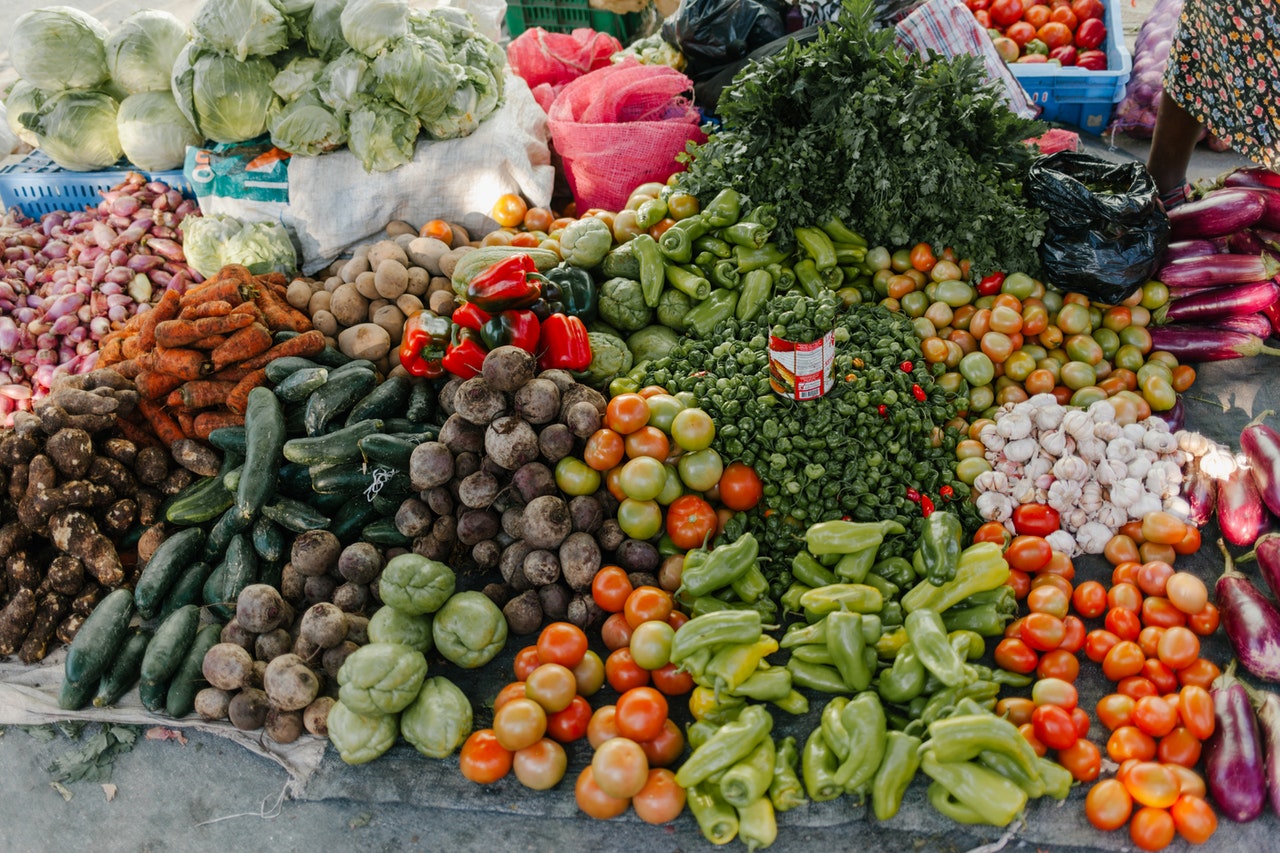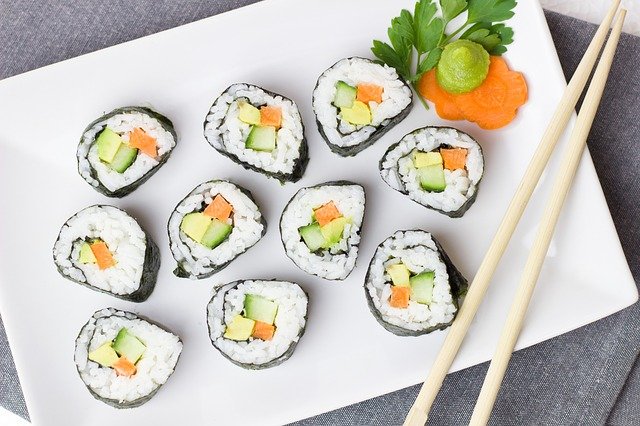As if climate change wasn’t bad enough, it’s now coming for the supermarket—but luckily, we already have superhero biotechnology to save your favorite foods.
“Imagine a world in which supermarket shelves were void of corn-based products like corn flakes and polenta, while grains like rice and barley were pricier and the selection smaller,” poses Salon.
“Such a future could be just around the corner due to climate change, which stands to make some crops scarcer and others unexpectedly abundant,” continues Salon in a report on a new study that found changing weather and temperature patterns along with the increase in carbon dioxide will disrupt agricultural production worldwide.
The disruption’s unavoidable, but gene editing could lessen the impact—by enabling us to produce higher-yield crops with greater resilience to heat, drought, and disease (as well as boosting nutrition and reducing allergens).
BIO member Simplot, for example, just announced a partnership to commercialize the first gene-edited strawberry—which will improve shelf life and reduce waste.
Scientists recently identified the gene that plays a key role in wheat fertility, Phys.org reported, which “presents an exciting new opportunity to breed high-yield, elite wheat varieties using a novel mutation of the gene, whilst also allowing the introduction of critically important traits such as heat resilience and disease resistance.”
What they’re saying: “We’re excited to participate in a project that may help growers achieve higher yields on less land, resulting in fewer pesticides and reduced water and labor needs, all while extending the quality of a consumer’s favorite foods,” said Susan Collinge, PhD, VP of Simplot Plant Science.
The bottom line: Climate change is definitely something to be afraid of—but gene editing and GMOs are not.



